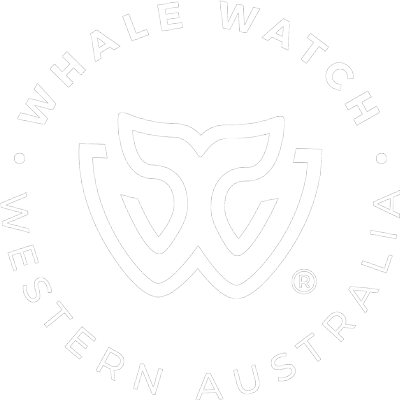Perth Whale Watching
Your guide to Whale Watching in Perth
Renowned for some of the most magnificent beaches in the world, Western Australians are blessed to watch the sun set into the Indian Ocean every evening. It is also one of the best places in the world to go whale watching with our pristine oceans and isolated coastlines. The beautiful city of Perth is one of very few places in the world, and the only place in Australia, you can see Blue Whales in their feeding grounds. During the months of September to November we also sight the southern Humpback Whale migration as thousands of Humpbacks migrate past the coastline, many will be females with newborn calves returning from their nursery grounds.
Whale Watching Season In Perth
The whale watching season in Perth focuses on two species of baleen whale, the Blue Whale and Humpback Whale who both have slightly different peak seasons. Depending on when you are wanting to go whale watching or what species you are inspired to meet will determine the best tour for you when whale watching in Perth.
Whale Species in Perth
The two main species of whales sighted off Perth’s coastline are the Blue Whale and Humpback Whales. Other species have been sighted and these include Orca, Southern Right Whales, Sperm Whales, Beaked Whales, Minke Whales and many different species of Dolphins.

Blue Whales
The largest mammal to ever grace our planet, the Blue Whale is even larger than any known dinosaur. Impressive and peaceful, this gigantic whale relies heavily on the feeding grounds located in the Perth Canyon to provide sustenance to carry them towards their next feeding nursery grounds located further nothern in the Banda Sea where they will also spend the winter giving birth to and rearing baby Blue Whales before heading back towards Antartica for summer.

Humpback Whales
The big, boisterous and graceful Humpback Whales are a favourite amongst whale watchers of the world due to their energetic and acrobatic displays as they communicate the Language of the Whales. During the spring months they are migrating back south towards Antarctica where they will spend summer feeding on krill. The top of Western Australia is their nursery ground where they will spend winter and give birth to the next generation of Humpbacks and this epic migration every year takes up to six months for each individual and approximately 13,000 kilometres of travel!
Fremantle Fishing Boat Harbour
Located in the bustling heart of Fremantle, the Fremantle Fishing Boat Harbour is our departure point for all of our whale watch experiences. Fremantle has been awarded as one of the most popular destinations to visit in Australia and also has a rich history in the establishment of Perth itself and the whaling era. The Fishing Boat Harbour is a safe and comfortable place to depart from to enjoy your whale watch experience with easy boarding. Paid parking is available for cars and the train station is located a 15 minute walk away.
Getting to Perth
Perth is easily accessible by car, plane or train depending on where you are travelling from. Throughout Perth there is plenty of available public transport options and self driving is another easy way to navigate the peaceful streets of our city. Taxis and Uber are also readily available and there are tour guides and vans that can be hired for a more personalised transport experience.
Weather in Perth
The weather in Western Australia during the whale watching seasons in Perth is sunshine and warm days. During our Blue Whale season (March to May) we see the beginning of Autumn with the average temperature between 15 to 26°C (59 to 80°F) and beautiful calm days. Humpback Whales along Perth’s coastline celebrates the beginning of Spring and weather will start to warm with an average temperature of 12 to 24°C (53 to 75°F) and calm mornings which is why our departures are during the mornings this time of season sand not in the later afternoon when sea breezes can begin to grow stronger.
What to do in Perth
Alive with different activities and beautiful scenery you will find many different ways to spend your day before or after your whale watch experience. The coastline is filled with numerous pristine beaches to enjoy beach combing, swimming or a surf. Cafes, bars, markets and restaurants will keep your nutrition up while local wildlife sanctuaries, museums and art galleries will teach you all about our magnificent state and its many inhabitants. Most importantly, be sure to take the time to watch one of the magnificent sunsets that appear every evening as the sun disappears into the Indian Ocean.











